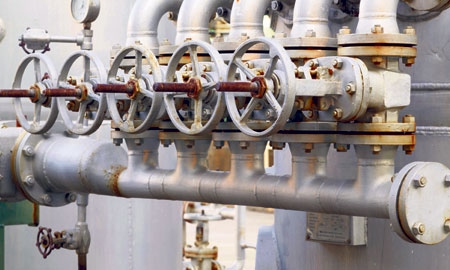Ghana finds itself today at a crucial point in its growth. Whilst the economy is expanding significantly, it’s putting increasing demand on the energy sector, which is proving to be the crux of the matter.
“The energy sector is going to be a catalyst for growth in this country,” says Alexander Mould, former CEO of National Petroleum Authority (NPA) and new CEO of Ghana National Petroleum Corporation (
GNPC).
“We are seeing a high increase in the demand for petroleum products from LPG to petrol, diesel and aviation fuel. This shows that there is a lot of activity and it is growing faster than the GDP. I think a lot is going to be centred around the energy sector, but if we don’t get our act together, the energy sector will be the downfall of our economy.”
Mr Mould underscores that raising production cannot happen until the infrastructure is in place and the most cost-effective sources – namely gas – are identified and harnessed. “We have to push ahead aggressively now and increase the amount of gas production,” he says.
“Our industry is an infant industry, and we will tend to make mistakes or not do the right thing if we do not collectively come together and try to understand what the best way forward is”
Alexander Mould, CEO of Ghana
National Petroleum Corp and former CEO of National Petroleum Authority |
In terms of its refining capacity, Mr Mould says that Ghana must “scale up and build more efficient and newer refineries with newer technology,” adding that small facilities, like the Tema Refinery, will not suffice as they aren’t efficient enough. In his opinion, it should be private investors and indigenous companies who build the new refineries, as they are more proficient than the public sector.
Also, all new projects must look far ahead at future needs. “We have to find the right mix of complexity to produce the fuels that we would need not today, but in the next 20 years,” explains Mr Mould. “The dynamics of our fuel consumption is going to change in 20 years, so we need to gear the building of today’s refineries to take care of products produced today as well as those in 20 years’ time.”
According to the chief executive, the downstream petroleum industry is presently the largest in Ghana, accounting for nearly one-sixth of the GDP. It is also the largest employer, with more than 60 oil marketing companies, some 20 LPG marketing companies and more than 15 bulk distribution companies.

0 COMMENTS